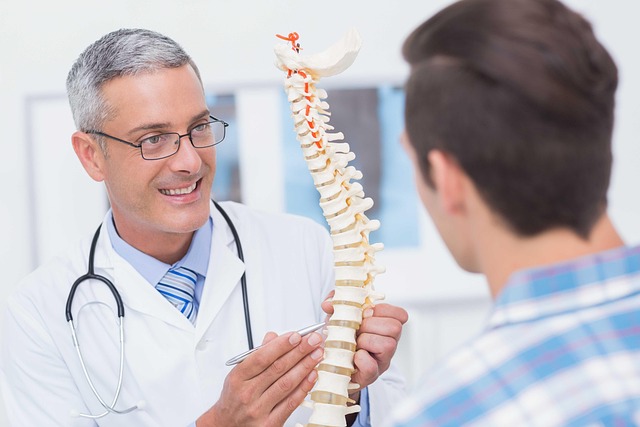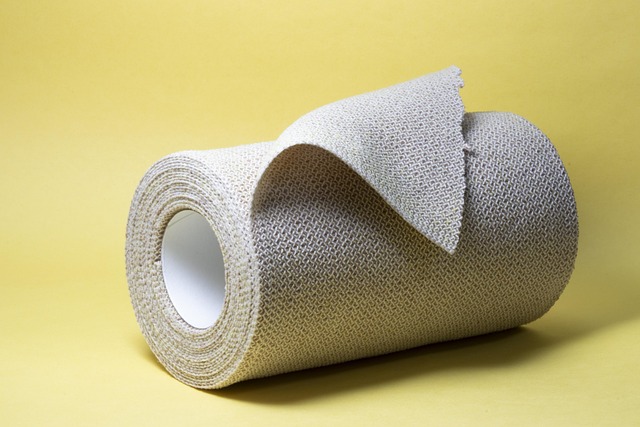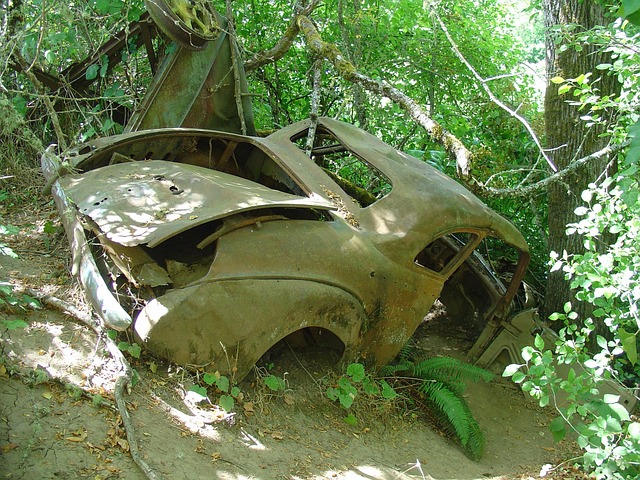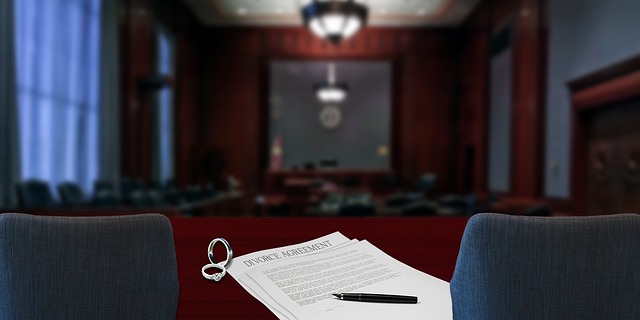Product defect injuries involving explosions or fires carry severe risks and consequences for consumers. These incidents highlight potential hazards from unsafe products, leading to significant harm and loss. Occurring in various settings like appliances or cars, they impact real estate litigation, settlements, and wrongful death cases. Legal responsibility lies with manufacturers, distributors, and retailers, often requiring expert investigations and strict liability proof. Mitigating risks through preventative measures and safety protocols is crucial. Victims may seek compensation through accident claims with legal representation from specialized lawyers.
Product defects can lead to catastrophic consequences, especially when they result in explosions or fires. This article delves into the complex world of product defect injuries involving hazardous events. We explore common scenarios where defects in products like electronics, appliances, or industrial equipment spark (pun intended) legal debates and safety concerns. Understanding these cases is crucial for consumers and businesses alike to navigate liability issues and implement preventative measures.
- Understanding Product Defect Injury Scenarios
- Legal Aspects and Liability in Explosive Incidents
- Preventative Measures and Safety Protocols
Understanding Product Defect Injury Scenarios

Product defect injuries involving explosions or fires are severe incidents that can have devastating consequences for consumers. Understanding these scenarios is crucial in identifying potential risks associated with defective products. When a product fails to meet safety standards and causes harm, it falls under the category of product liability. This includes situations where a manufacturing flaw, design defect, or inadequate warning labels lead to explosions or fires, resulting in injuries or even loss of life.
These incidents can occur in various settings, from household appliances to industrial equipment. For instance, defective electrical wiring in home appliances might cause short circuits and subsequent fires. Similarly, automotive defects like faulty airbag systems or fuel line vulnerabilities can lead to catastrophic accidents. Recognizing these potential hazards is the first step towards prevention and ensuring consumer safety, which is essential in the context of real estate litigation, accident settlements, and wrongful death cases related to product defects.
Legal Aspects and Liability in Explosive Incidents

When a product defect leads to explosions or fires causing injury, understanding legal aspects and liability becomes paramount. In many jurisdictions, manufacturers, distributors, and retailers have a duty of care to ensure their products are safe for consumers. A successful claim for a product defect injury often hinges on proving negligence, strict liability, or both. Negligence involves demonstrating that the defendant failed to exercise reasonable care in producing or marketing the product, directly causing the plaintiff’s harm. Strict liability, on the other hand, imposes responsibility for defects even without proof of negligence, focusing instead on the inherent risks associated with certain products.
In cases involving explosions or fires, establishing liability can be complex. Experts may be needed to investigate the incident, analyze the product, and provide testimony. Victims injured by such incidents may be entitled to pain and suffering compensation, depending on the specific circumstances and local laws. For those in areas like Boca Raton seeking legal counsel, consulting with a qualified accident lawyer who understands the nuances of product defect cases is crucial. These professionals can guide victims through the legal process, ensuring they receive fair and just redress for their injuries.
Preventative Measures and Safety Protocols

Preventative measures and robust safety protocols are paramount when it comes to mitigating the risks associated with product defects that can lead to explosions or fires. Manufacturers have a legal obligation to design, test, and produce goods that are safe for consumers. This includes implementing rigorous quality control checks at every production stage to identify and rectify potential hazards before reaching the market.
Moreover, clear safety guidelines and user manuals should be provided with products, detailing proper usage, maintenance, and handling procedures. In cases of product failures or accidents, individuals who have suffered injuries due to defects may seek compensation through an accident claim. A competent car accident lawyer Orlando or truck accident attorney can guide victims through the legal process, ensuring they receive fair restitution for their suffering and losses.
Product defect injuries involving explosions or fires are serious matters with significant legal implications. Understanding these scenarios, their causes, and the associated liability is crucial for both consumers and manufacturers. By implementing robust safety protocols and adhering to legal guidelines, it’s possible to prevent such incidents and protect users from severe harm. Regular maintenance, thorough testing, and transparent communication about product limitations are key to minimizing the risk of product defect injuries.






